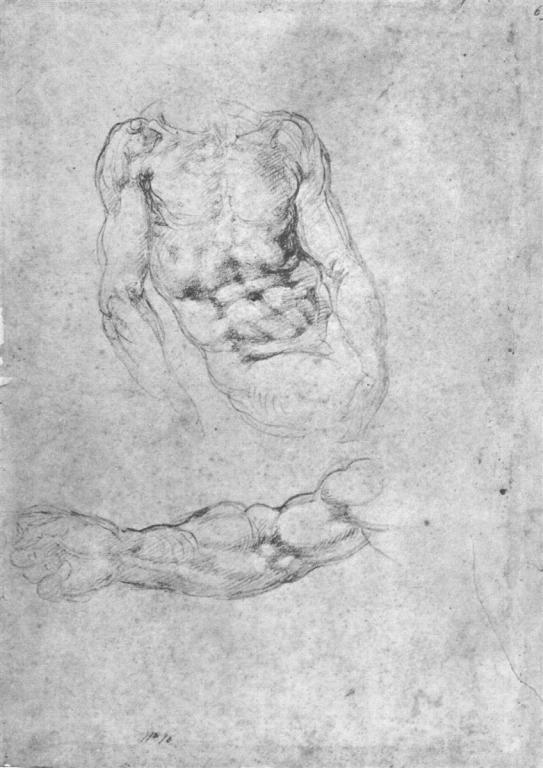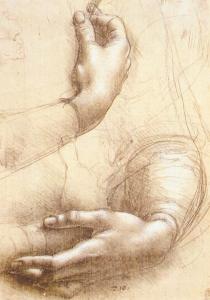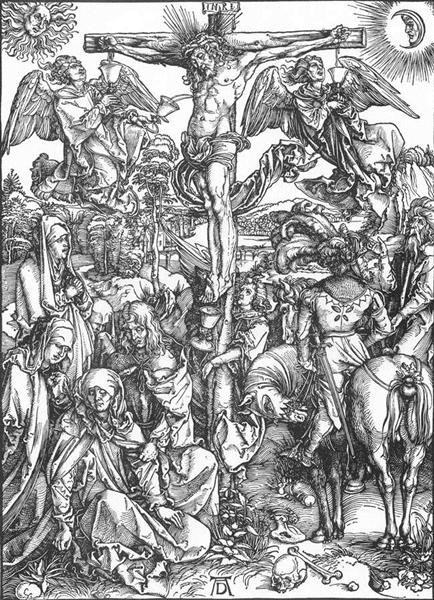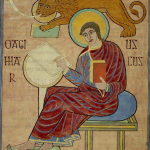
Every Catholic feels like they’re a strange kind of Catholic, I think. No one is a “good” Catholic, anyway. We’re all just a bunch of people trying, and sometimes we’re not even trying to be good. We’re just trying, at all.
I always feel a bit tribal. That is my strange way of thinking about it: I am a tribal Catholic. Catholicism is my native culture, something I grew up with, whose many various dialects I’m familiar with and that I have a ridiculous affection for. I am as prone to overlook its uniqueness as I am to appreciate it. Catholicism is simply “mine,” my home. My place to be. I’m always just a little bit convinced that it’s better if it’s Catholic, that it could be better if it were Catholic. I’m just a little bit convinced that we’re special, even when we’re quite ordinary.
Being part of a tribe means being together. This is my favorite part of being Catholic: we are a people, a tribe. We are always supposed to be together, to be with each other. Just today, I explained to a student how, when someone receives their Last Rites and consumes the Eucharist, even then they are not alone. The whole Church is with them as they receive Christ; the whole Church lifts them as they walk with Christ over the borders of life and death. I never, ever receive a sacrament alone. Every Catholic who has ever lived stands right there with me. Right there. Everyone.
It confuses me in a simple a child-like way when the tribe seems intent on splintering into a thousand pieces, or determined to exile one of its members. I know, of course, that this is also what we do: we fight with each other. Knock-down, vicious brawls are a long and venerable part of our history together. We are often much quicker to fight with one another than we are with anyone else. But there’s a way to do it, a good and proper way to hate your brother’s guts while loving him too. A way that assumes you love him first and last, that rests on being part of the family together. And there’s a different way to hate your brother, one that begins by saying he is not your brother at all.
It is easier to be part of a family that exiles its embarrassing members, I suppose. But that isn’t how blood-ties work. Our shame is ours, together. Our glory is ours. Together. We share who we are with one another, because we’re only who we are with each other. Saint Paul even seems to say that the lesser of us is more important than the rest of us:
On the contrary, it is much truer that the members of the body which seem to be weaker are necessary; and those members of the body which we deem less honorable, on these we bestow more abundant honor, and our less presentable members become much more presentable, whereas our more presentable members have no need of it. But God has so composed the body, giving more abundant honor to that member which lacked, so that there may be no division in the body, but that the members may have the same care for one another. (1 Cor 12:22-25)
So I do not understand – well, I do understand, but I also do not understand – when we seem so eager to disown one another. We say, that person is not “really” a Catholic. Well, maybe, but if he bears our name, how do we not also hurt for him and with him and despite him? Or when we read about priests who abuse the trust and the bodies of the young, how do we not feel this sin burdening us? Or how do we not weep with the children who cry? We sing with the saints and weep with the sinners, or we weep with saints over sinners who refuse to cry, or we rejoice over the one lost lamb Christ left us to find – we do all that at least in part because we’re in this together. “And if one member suffers, all the members suffer with it; if one member is honored, all the members rejoice with it” (1 Cor 12:26).
I am not tribal in the sense that I have a favorite kind of Catholic. There are definitely versions of Catholicism, dialects, that come more easily to me than others. I can also be pushed until I feel betrayed by a fellow Catholic, or until it becomes very hard for me to recognize what we’re talking about as “Catholic.” But my first point of reference is that we are a “we,” and that this matters fundamentally, and that it is still the thing that makes the most sense even of a betrayal.
I understand that sometimes this way of thinking is too simple. That it cannot possibly encompass the complexity of what it means to “be” Church. And still it follows me everywhere, and my first instinct is to search for kin, to feel the steady thrum of our shared blood. To trace the markings that make us part of the tribe, that make us each other’s.
















